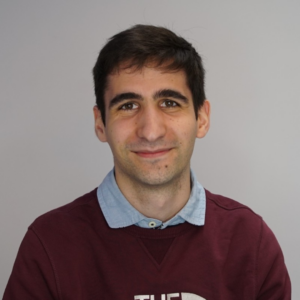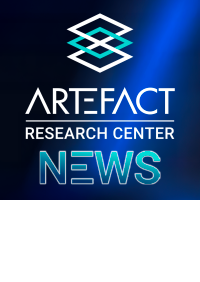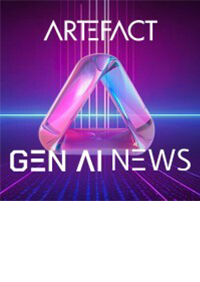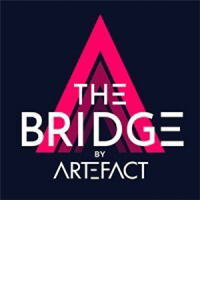Interviewing at companies for a tech job is really something else. Each company has a different process. You never know precisely what to expect.
It is hard to know what your interviewers expect from you and why they are conducting the interviews that way. There is a lot of mystery.
At Artefact, we are aware of these common issues. This is why we would like to share with you the details of our hiring process for software engineers.
In this article, we will go through the skills we are looking for, the different steps of the process, and the commitments we make to all candidates.
Let’s start with the type of profile we are interested in.
We look for unique personalities
The number of years of experience does not matter, nor does the school and your previous professional lives. We foster diversity. We welcome talented engineers who come from various backgrounds.
At Artefact, we look for people we want to work with and who share the same interest in data. Evaluating the skills of the candidate is our only preoccupation during the interview process. Note that we evaluate both the soft skills and the hard skills. And this, whatever the seniority of the position is.
Even though we conduct interviews to evaluate the candidate, we don’t consider the interview process a one-way process. This is why we will give an accurate overview of what a day in the life of a data engineer at Artefact looks like. We will also dedicate as much time as needed to answer questions from the candidate. This brings us to our commitments.
We guarantee a fair interview process and aim to provide the best candidate experience possible
Interview processes are stressful by design. There is a high level of uncertainty. Interview rounds are a succession of short and intense discussions, during which you are under the lights and have to prove your value. This can be daunting. We acknowledge that. We have been through the same rounds of interviews before being on the other side.
This is why we want to give the best candidate experience possible under these constraints, thanks to the following commitments.
That being said, you may be wondering what you can do to prepare for our interviews.
The process consists of two technical interviews and a fit interview
Below is an overview of what you can expect when you apply.
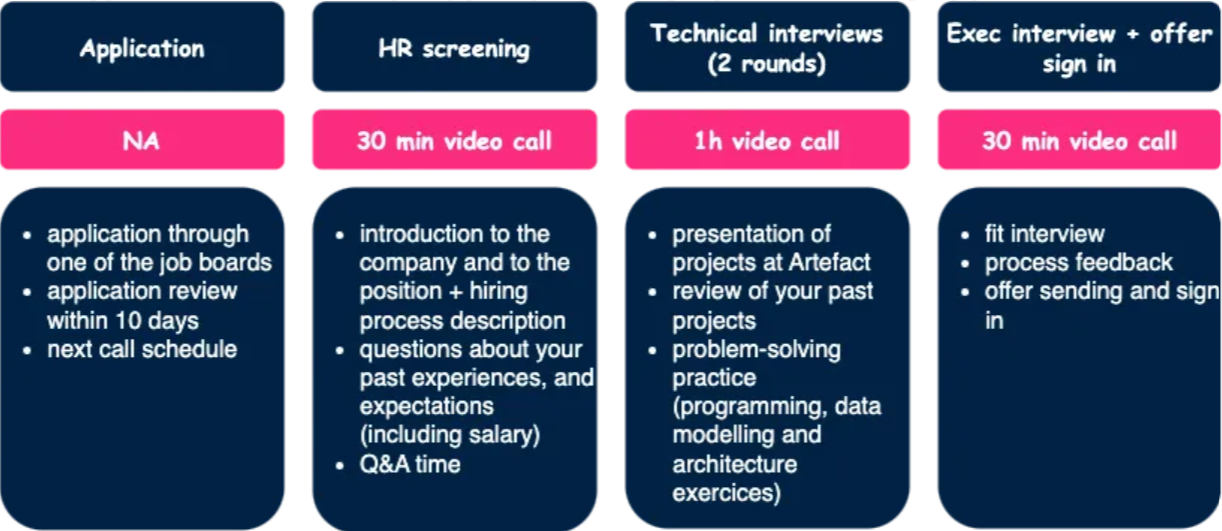
Overview of the interview process for a data engineer position
First, you will go through the HR screening call. You will meet Charlotte from the talent acquisition team. The goal is to validate your understanding of the role and define the immediate next steps.
Then, you will go through two rounds of technical interviews with senior software engineers of the team. This will be an opportunity for you to meet people from the team, learn more about what we do, and demonstrate your skills.
The first technical interview consists of:
Through this 1-hour video call, we will be able to evaluate the skills you acquired and test your understanding of the concepts you encountered. The coding exercise is a way to evaluate your thinking and how you communicate.
The second round is more data-oriented. It consists of:
Finally, you will meet Arthur, our chapter lead for an informal discussion about your motivations and your potential evolutions in the team.
Of course, we keep the process flexible. Depending on your expectations and your profile, we may adjust the program.
As mentioned above, this is a 2-way process. So, interviews are also a moment to ask questions. Between the rounds, we will also ask for your feedback.
Conclusion
Behind this post, there are hours of discussions. As with software development, we follow an iterative process. Based on the feedback we receive, we will adjust our process and we will edit this post.
But until then, we hope you now have a better understanding of the process and know our expectations.
Maybe you recognized yourself in the description of our ideal candidate. In this case, visit our website and discover our current job openings.

 BLOG
BLOG
